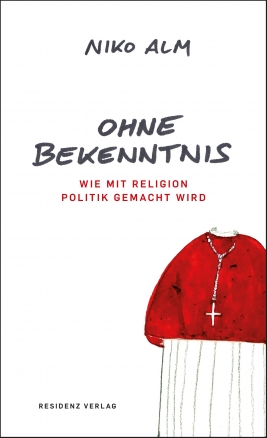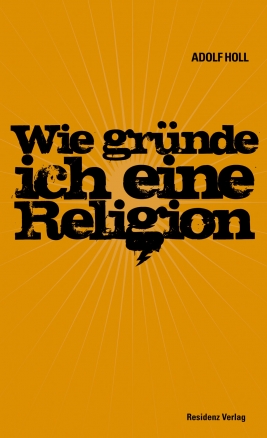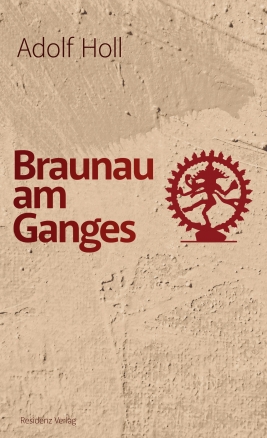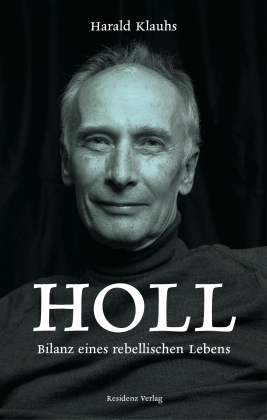
Niko Alm - Denomination Undeclared
How religion is used to shape politics
How religion exploits politics
Is our political system truly free from religious influences? The Enlightenment aimed to secularise politics, but the concordats of the early 20th century laid the foundation for a pairing of religion and state. Religion remains a defining political force, both at national as well as international level. From religiously motivated terrorism through to the crucifix in the classroom, the clash between religion and secular society creates friction within political debate. The discussions over burka bans or circumcision point to the demarcation lines in society and are thereby often also indicators for political self-positioning. Niko Alm analyses the exploitation of politics through religion and makes an impassioned plea for secularity.
Book details
256 pagesformat:140 x 220
ISBN: 9783701734566
Release date: 12.02.2019
License rights
- World rights available








